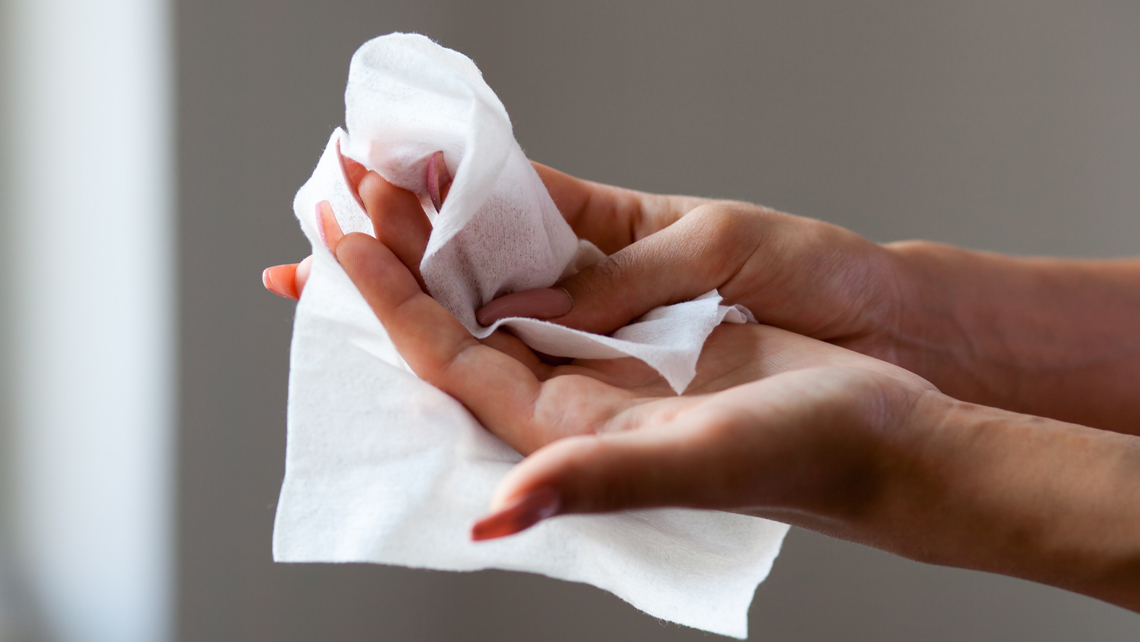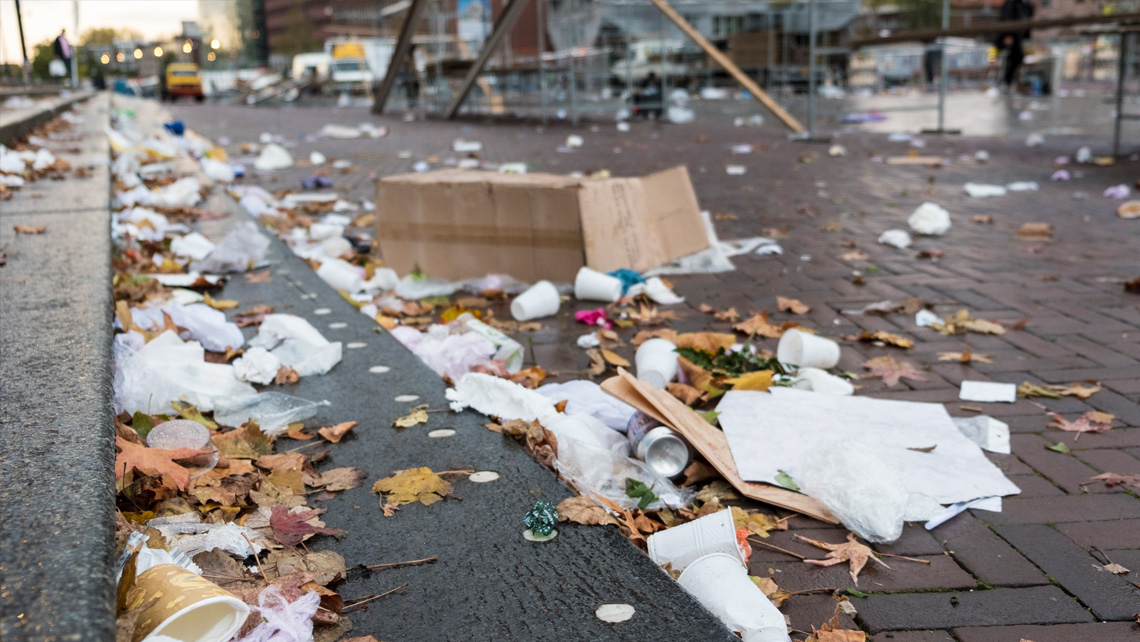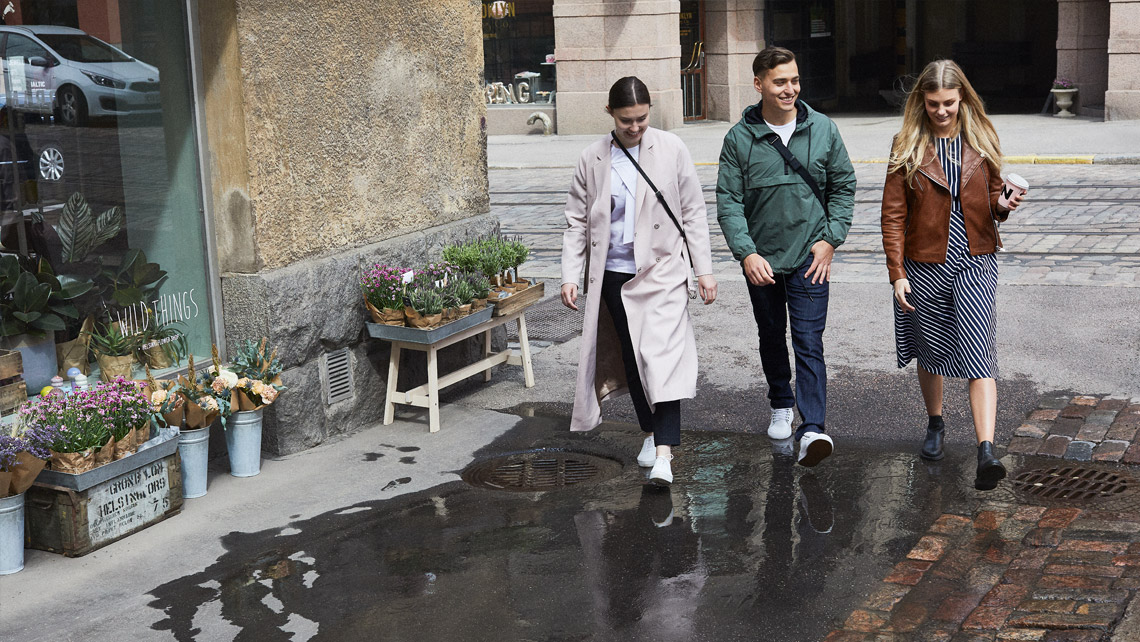Have you ever been guilty of flushing and forgetting? “Just this one time can’t do any harm,” you might think as you casually flush that wet wipe down the toilet or leftover cooking oil from dinner down the sink. Out of sight, out of mind, right?
Every time we flush a toilet or put something down the kitchen sink, we create wastewater that needs to be transported in sewers and treated at a wastewater treatment plant. In the Helsinki Metropolitan Area this is taken care of by the Helsinki Region Environmental Services Authority (HSY), at its two treatment plants.
We treat close to 150 million cubic meters of wastewater a year at our plants, of which about 90% comes from households.
“We treat close to 150 million cubic meters of wastewater a year at our plants, of which about 90% comes from households and 10% from industrial sources,” says Anna-Maria Rajala, Environmental Specialist at HSY. “When it comes to what can and can’t go down the toilet or sink, the rules are actually pretty straightforward, but people seem to have a hard time sticking to them.”
|
|
Fixing blockages and maintaining the infrastructure doesn’t come for free – ultimately it’s the householder who pays for all of this.
The toilet is not a garbage can
“Toilets and sewers shouldn’t be used like a trash bin, says Marina Graan, Process Manager at HSY’s Viikinmäki and Suomenoja wastewater treatment plants. “Whatever ends up in there has to be dealt with at some point in the process. Fixing blockages and maintaining the infrastructure doesn’t come for free – ultimately it’s the householder who pays for all of this,” she reminds us. Micro-plastics, cotton buds, kitchen towels, wet wipes, condoms, oils and fats, medicines – the list of things that end up in the sewer system that shouldn’t is long. “Wet wipes and similar products are definitely one of the biggest problems,” highlights Marina. “Unlike toilet paper they don’t break down in water, so they can cause blockages in the system when they clump together in large masses. Oils and fats are another big issue because they solidify and cause blockages; what’s more, these buildups attract vermin like rats too.”
We find everything from toys and mobile phones to false teeth.
Beyond these common problematic items, sewers and wastewater treatment plants can be the final resting places for a whole host of weird and wonderful things that have (perhaps unintentionally) ended up down the toilet or sink. “We find everything from toys and mobile phones to false teeth,” says Marina. “We even once had to pull a large oriental rug out of the sewer!” While it might sound funny, things like this are a serious problem as they can cause overflows at pumping stations, which present a risk to the environment and the human health.
Some practical tips
There are some steps we can all take at home to help ease the burden on our water treatment infrastructure and the environment in general.



